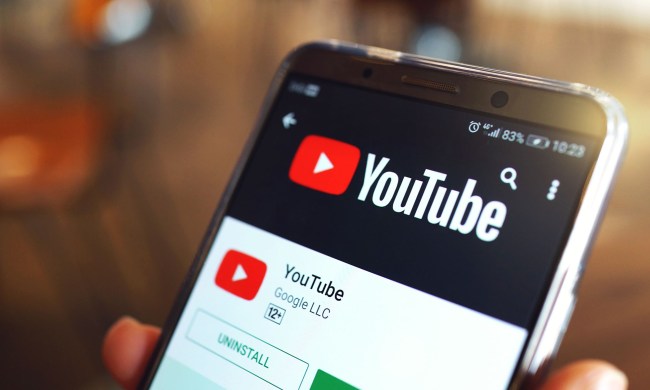
YouTube has agreed to stop serving targeted advertisements to children, Bloomberg reported Tuesday. The company took the action in order to settle a Federal Trade Commission investigation to determine whether it violated the Children’s Online Privacy Act (COPPA).
The terms were not disclosed, so it’s unclear if this was the entirety of the settlement. A collection of 23 child advocacy groups had filed a complaint with the FTC, demanding an investigation into its business practices. The groups wanted to know how it recommends videos to children, what it does with the data it collects, and if it is using the information that it collects to serve ads.
COPPA bars companies from serving ads to children under 13 without parental permission. However, with thousands of kids videos on YouTube, the site has become a destination for kids to watch videos, often unsupervised by parents.
But the content isn’t always truly kid-friendly. Multiple investigations by journalists and interested parties found that children are exposed to inappropriate material on the site quite regularly. While YouTube has said that children should be using YouTube Kids, even that site has had its share of issues in what it allows children to view.
The agreement doesn’t appear to ban ads outright, but instead ends the practice of targeted advertisements based on the information it collects, according to the Bloomberg report. Research Loop Ventures estimates YouTube makes about $500 to $750 million annually in ad revenue from children’s videos, and ending targeting would erase about 10% of that revenue.
While a sizable chunk of ad revenue, it still leaves YouTube free to serve ads to kids in some form.
It appears that the groups that filed the initial complaint will be satisfied. One group, the Center for Digital Democracy, told Bloomberg that if curbing targeted ads was the basis of the settlement, it would likely challenge the decision.
That group, along with others, had demanded “meaningful changes” to YouTube’s business practices in an open letter in June, and called for the moving of all children’s content to “a separate platform where targeted advertising, commercial data collection, links to other sites or content, and autoplay are prohibited.”


